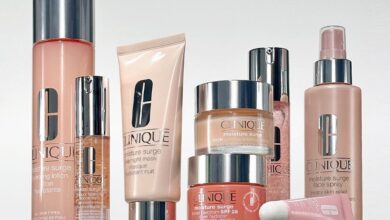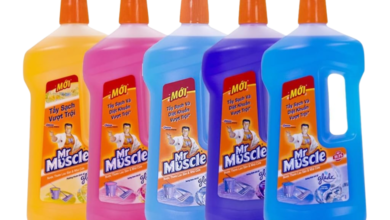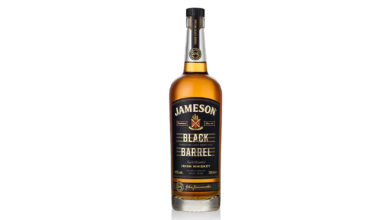The Rise of Plascon: Strategies Behind South Africa’s Most Trusted Paint Brand

The Rise of Plascon: Strategies Behind South Africa’s Most Trusted Paint Brand. In the colorful world of South African brands, few names carry as much weight as Plascon. From humble beginnings in the early 20th century to becoming a dominant force in the decorative coatings and industrial paints market, Plascon’s rise is a story woven with authenticity, sharp strategy, and resilience. Understanding how this brand grew and sustained its popularity offers valuable lessons for anyone building a venture today.
Laying the Foundations: Early Commitment to Quality (1889–1940s)
Plascon’s story traces back to 1889 when Herbert Evans founded a paint company in Johannesburg. Although the official Plascon name was registered later, this early venture laid the groundwork for a focus on quality and innovation — two principles that would become central to the brand’s DNA.
In 1946, Plascon Evans Paints officially formed following a merger between Herbert Evans and the Kensington Paint Company. From the start, Plascon differentiated itself by investing heavily in research and development, ensuring their products could withstand South Africa’s harsh weather conditions. This early commitment to tailoring products for the local environment built trust with customers — a vital asset in a market where durability mattered.
Actionable Insight:
Entrepreneurs should invest early in truly understanding their market’s specific needs rather than offering generic solutions.

Strategic Branding: Building Emotional Connections (1950s–1970s)
By the 1950s, Plascon had recognized that South Africans didn’t just want durable paint — they wanted homes and spaces that reflected their aspirations. The brand launched emotive marketing campaigns, emphasizing beauty, longevity, and pride of ownership.
Instead of relying purely on technical features, Plascon’s messaging spoke to lifestyle desires. Paint was positioned not just as a protective layer but as a gateway to self-expression. This shift helped Plascon move from being a functional brand to an aspirational one.
Additionally, Plascon introduced color ranges tailored for South African tastes, offering curated palettes that resonated culturally and emotionally with consumers.
Actionable Insight:
Successful brands don’t just sell products — they sell feelings, aspirations, and identities.
Turning Point: The Kansai Paint Acquisition (2012)
A major milestone came in 2012 when Kansai Paint, one of the largest paint manufacturers globally, acquired Plascon’s parent company, Freeworld Coatings. This acquisition gave Plascon access to advanced global technologies and greater R&D resources.
Despite the acquisition, Kansai smartly retained the Plascon brand name in South Africa — recognizing its deep-rooted equity and loyalty. Instead of rebranding everything under the Kansai umbrella, they respected the trust Plascon had built, thereby maintaining brand authenticity while injecting new innovation.
This move proved crucial. Plascon leveraged Kansai’s backing to introduce cutting-edge products, like environmentally friendly paints and advanced coatings that improved sustainability — aligning with global trends without alienating local customers.
Actionable Insight:
When expanding or partnering, preserve the strengths of your existing brand while using new resources to evolve.
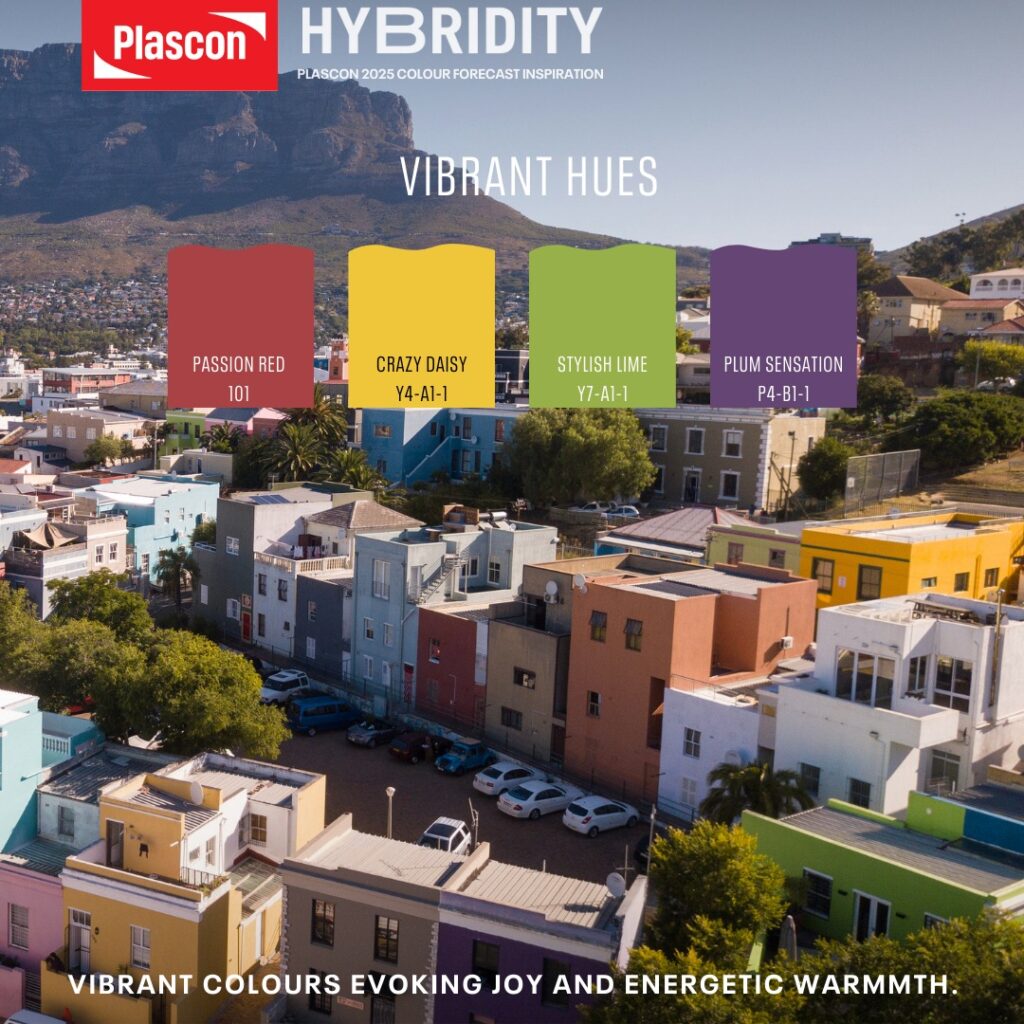
Embracing Innovation and Sustainability (2010s–Present)
Understanding the growing concern for environmental impact, Plascon was an early adopter of low-VOC (Volatile Organic Compound) paints in South Africa. Their “green” initiatives were not just about ticking boxes — they addressed an emerging consumer need for eco-conscious choices.
Campaigns like Plascon Spaces Showhouses also allowed the brand to partner with designers and architects, showcasing their products in aspirational settings. Instead of simply advertising paint, Plascon immersed consumers in an experience, allowing them to see possibilities first-hand.
Furthermore, their Colour Forecast — an annual trend report — positioned Plascon as an authority not just in paint, but in design and creativity. This continuous push to stay ahead of consumer trends cemented its leadership position.
Actionable Insight:
Innovate proactively, and position your brand as a thought leader in your industry — not just a participant.
Resilience Through Challenges: Economic Downturns and Competition
Plascon’s journey was not without hurdles. South Africa’s fluctuating economy, new competitors, and changing consumer habits forced the brand to continually adapt.
Instead of retreating during downturns, Plascon invested more in marketing and product innovation. They expanded into adjacent markets such as protective coatings for mining and heavy industry, further diversifying their revenue streams.
Moreover, partnerships with large retailers like Builders Warehouse allowed Plascon to maintain strong distribution channels, ensuring their products remained accessible even as consumer purchasing patterns shifted.
Actionable Insight:
Diversify intelligently and double down on visibility during tough times to outlast competitors.
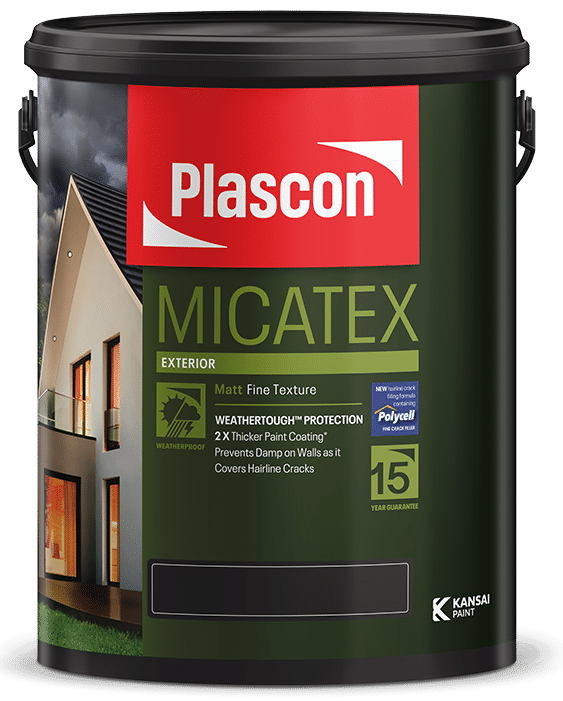
Conclusion: Lessons from Plascon’s Enduring Success
Plascon’s rise is a masterclass in authentic brand building, customer understanding, strategic innovation, and resilience.
Entrepreneurs can draw several lessons from their journey:
- Deeply understand your local market and tailor products to fit.
- Connect with consumers emotionally, not just functionally.
- Evolve thoughtfully when scaling or acquiring resources.
- Innovate ahead of trends and champion thought leadership.
- Stay resilient and proactive during tough economic cycles.
Plascon’s story proves that longevity in business isn’t about chasing trends blindly — it’s about staying true to your core while continuously innovating. It’s a lesson in balancing authenticity with evolution — a blueprint for any brand aiming for enduring success.

